Lesotho has closed its airspace for all but essential flights for two weeks in the wake of a new hard lockdown to contain the spread of a second wave of COVID-19 infections.
In a Notice to Airmen (NOTAM) issued in the afternoon on January 13, the Lesotho Department of Civil Aviation announced that all international, regional, and domestic flights to and from the Southern African kingdom, irrespective of the risk category of their country of origin, were prohibited from 0500L (0300Z) on January 14 until 2359L (2159Z) on January 27. The only exceptions allowed are essential services and essential cargo flights. Maseru will be operational from 0700L (0500Z) to 1300L (1100Z) each day only, the NOTAM read.
South Africa’s Airlink (South Africa) (4Z, Johannesburg O.R. Tambo), which currently provides the only scheduled regional service to Maseru, in reaction announced the temporary suspension of its daily rotations between Johannesburg O.R. Tambo and Maseru’s Moshoeshoe I International Airport. The flights suspended are 4Z 052 and 4Z 053.
Lesotho's Mohahlaula Airlines (Maseru), which uses Cessna (single turboprop) 208B Grand Caravans to conduct amongst others, emergency response and medical relief flights in the mountain kingdom, confirmed it had also suspended commercial operations due to the hard lockdown. "We should resume most likely end of February 2021," Chief Executive Officer Phafane Nkotsi confirmed to ch-aviation. With appropriate permits, the airline was still permitted to conduct essential services flights and cargo charters, added Commercial Manager Khotso Marumo. "The two-week ban will be reviewed on January 27 and so we will have to prepare ourselves for a possible extension on this depending on how our COVID-19 second wave fares."
Amid a spike in COVID infections and deaths, Lesotho Prime Minister Moeketsi Majoro on January 12 announced a 14-day total lockdown that comes into effect from midnight on January 14. All businesses would be closed except those in the health, financial, and funeral sectors, while essential services involving food and fuel would be allowed to operate.
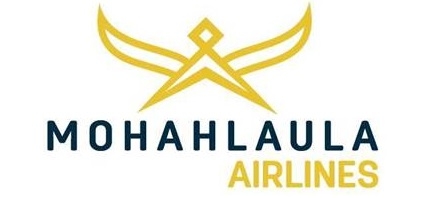
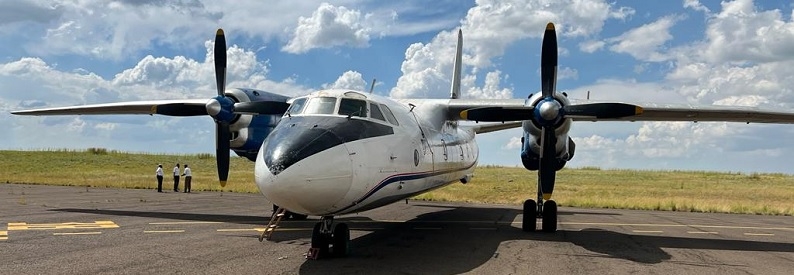

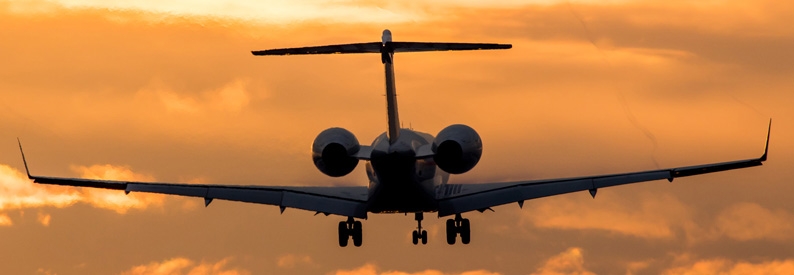
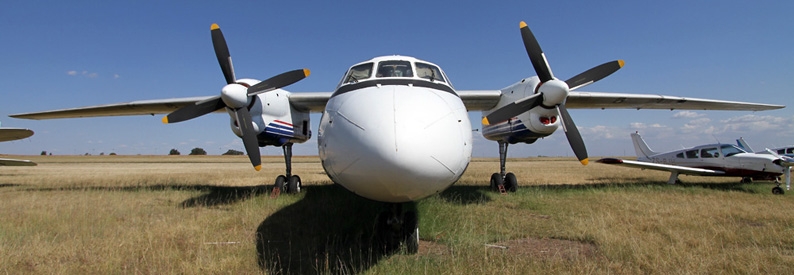
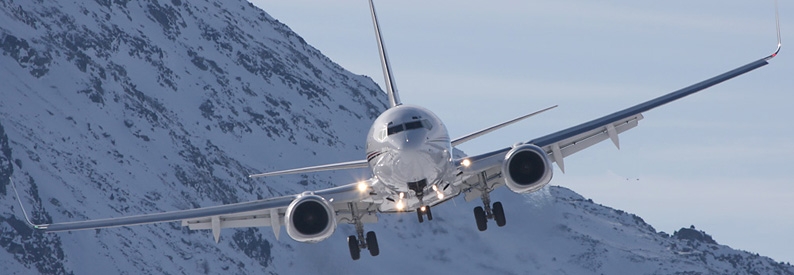
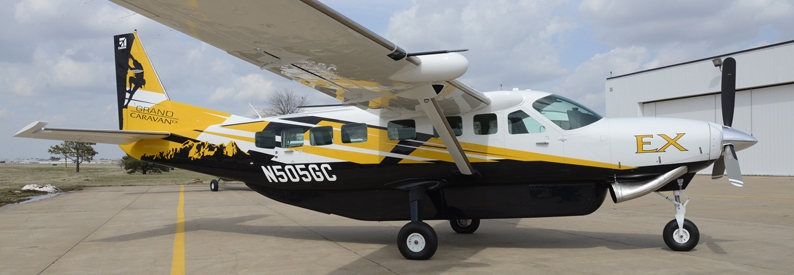
Editorial Comment: Updated with further comment from Mohahlaula Airlines. - 14Jan2021 - 17:07 UTC